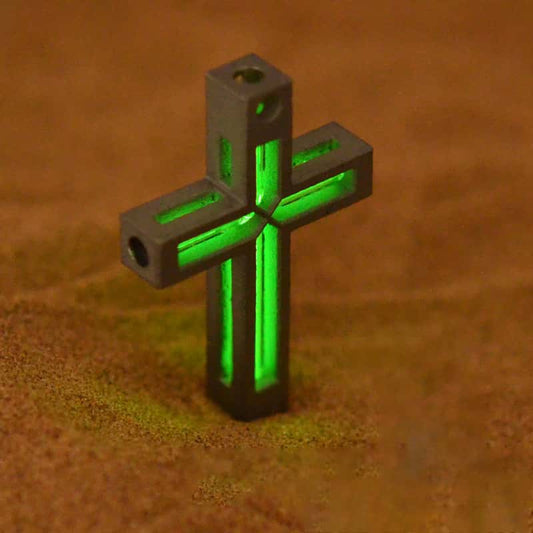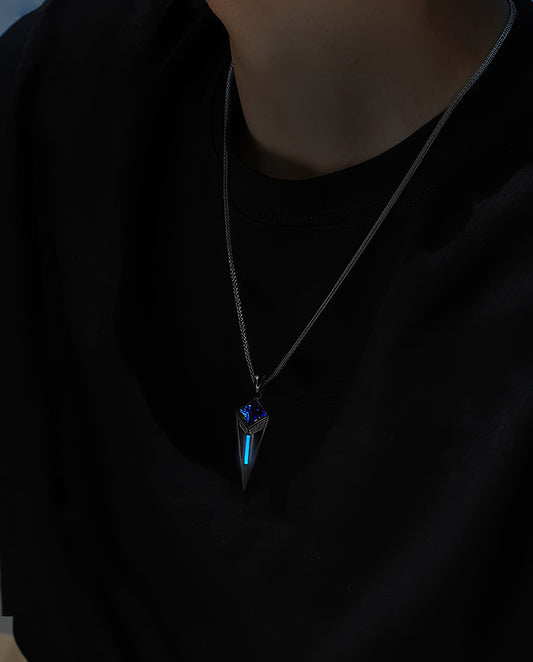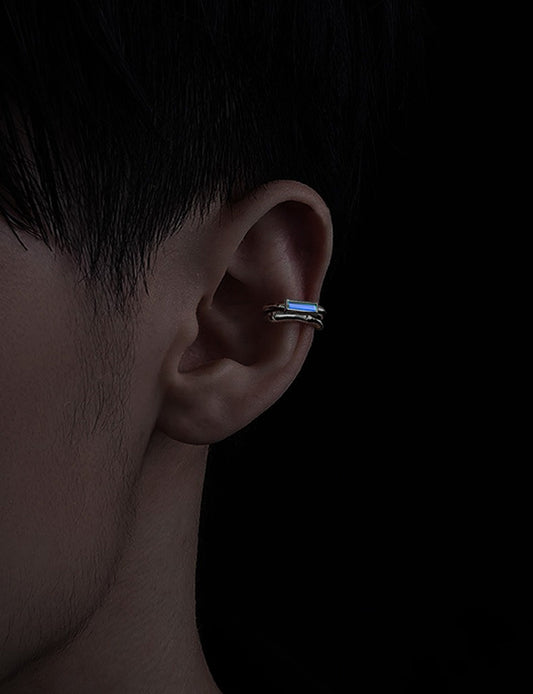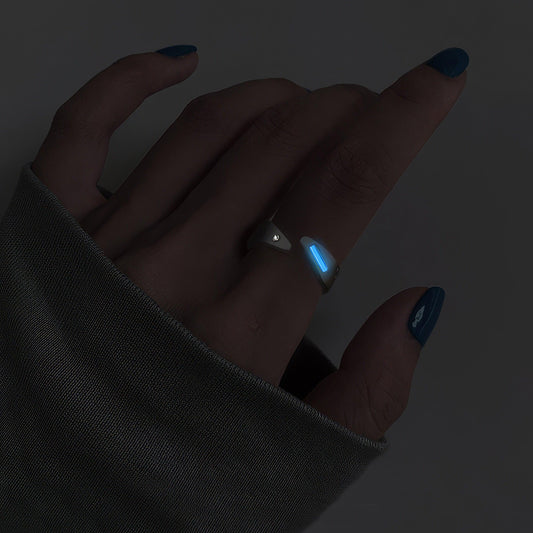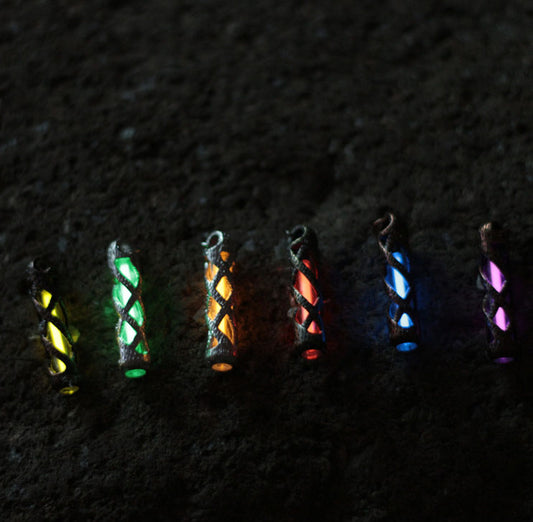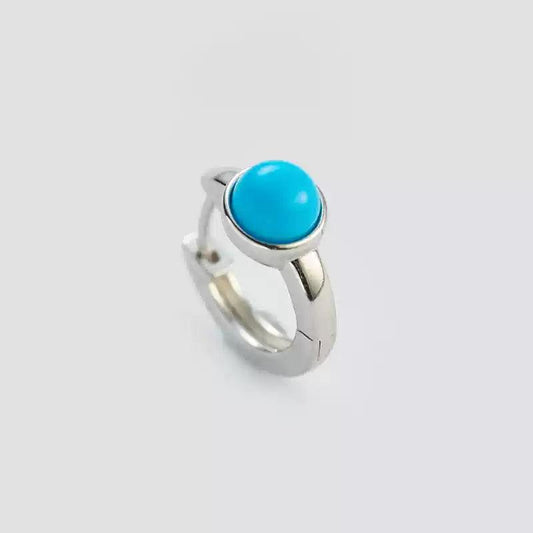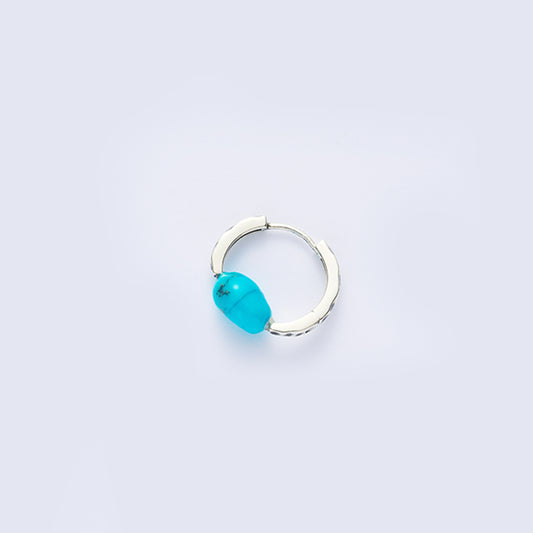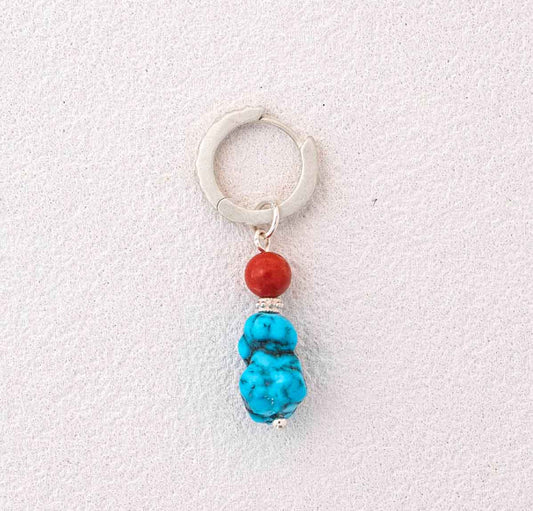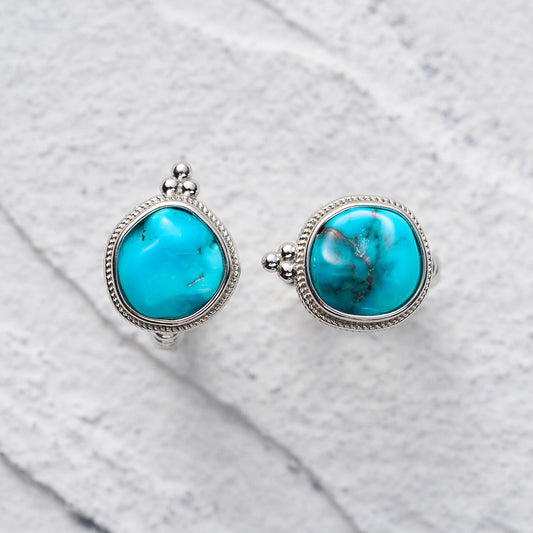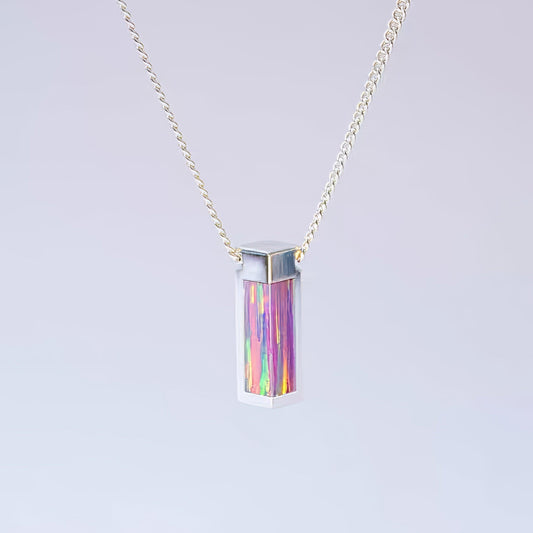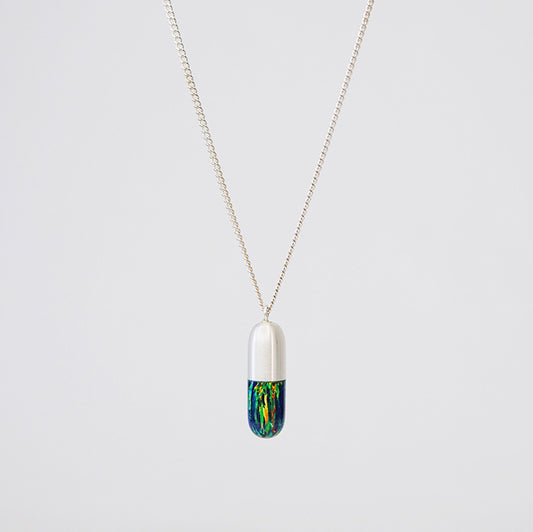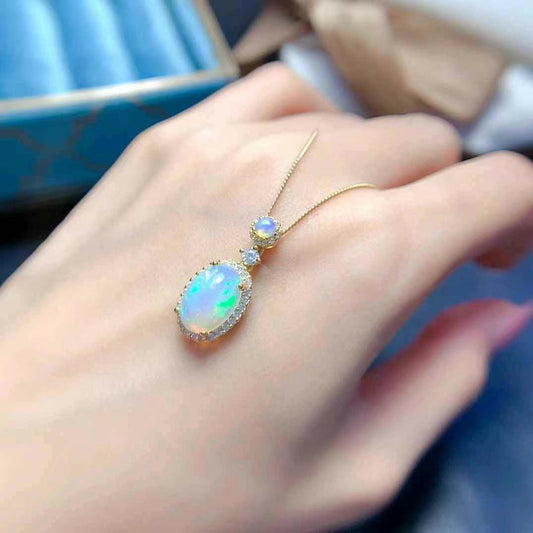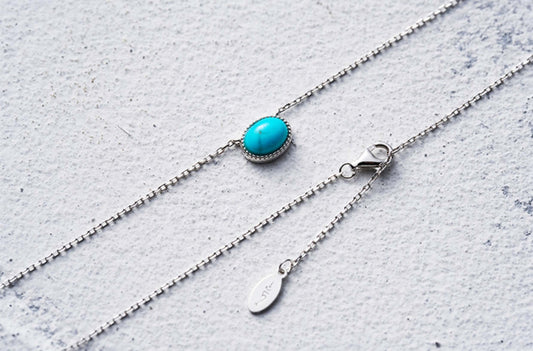The Timeless Appeal of the Pocket Watch
The Timeless Appeal of the Pocket Watch
Not too long ago, I found myself sifting through a dusty box in my grandmother’s attic. Amidst the yellowed letters and faded photographs, I stumbled upon a curious object—an antique pocket watch, its silver case tarnished but still exuding a quiet dignity. Holding it in my hand, I felt a peculiar connection to time, not just as a concept but as a tangible link to the past.
Pocket watches might seem a relic of another era, yet there’s something undeniably captivating about them. Unlike the wristwatches we casually strap on each morning, a pocket watch demands attention and care. You have to open it, revealing its face with intention, almost ceremonially. This simple action speaks volumes about the way we once perceived time—not as a constant, unyielding force marching forward, but as a companion we consulted when needed, reinforcing our connection to the moments that matter.
The craftsmanship of a pocket watch is a world away from the blinking digital faces we're accustomed to. Many of these pieces, especially the vintage ones, were handcrafted by artisans who put their heart into every detail. The materials add layers of character—solid gold or silver cases, intricate engravings, and crystal covers that protect finely tuned gears ticking in perfect harmony. These watches weren't just functional items; they were heirlooms, passed down through generations, each carrying a personal story or family legend.
What interests me is how these watches are making a quiet comeback. They’re finding a niche among young people who value sustainability and the uniqueness of vintage fashion. In a world saturated with fast fashion and disposable electronics, the pocket watch offers a refreshing glimpse into a slower, more deliberate way of living. Wearing one feels like a subtle rebellion against the relentless push of modernity, a nod to the elegance of yesteryears.
There’s also a cultural charm in how pocket watches are depicted in literature and film. Think of Sherlock Holmes, quietly consulting his timepiece before delving into a mystery, or the forlorn lovers of Casablanca, marking their moments together against the ticking of a pocket watch. These narratives remind us that such objects are steeped in meaning, often beyond their primary function of telling time.
Whether it was fate or coincidence that led me to discover my grandmother’s pocket watch, I can’t say. What I do know is that opening it felt like unlocking not just a mechanical device but a trove of intangible memories and potential stories. I’ve even started carrying it now and then, feeling oddly comforted by its weight in my pocket—a small act of rebellion against the impersonal nature of time in the digital age.
In a world where everything seems to be speeding up, holding a pocket watch feels like a gentle reminder to slow down, appreciate the craftsmanship of the past, and perhaps carve out my own stories to be carried forward. It might seem like a small thing, but sometimes the smallest things mean the most.
